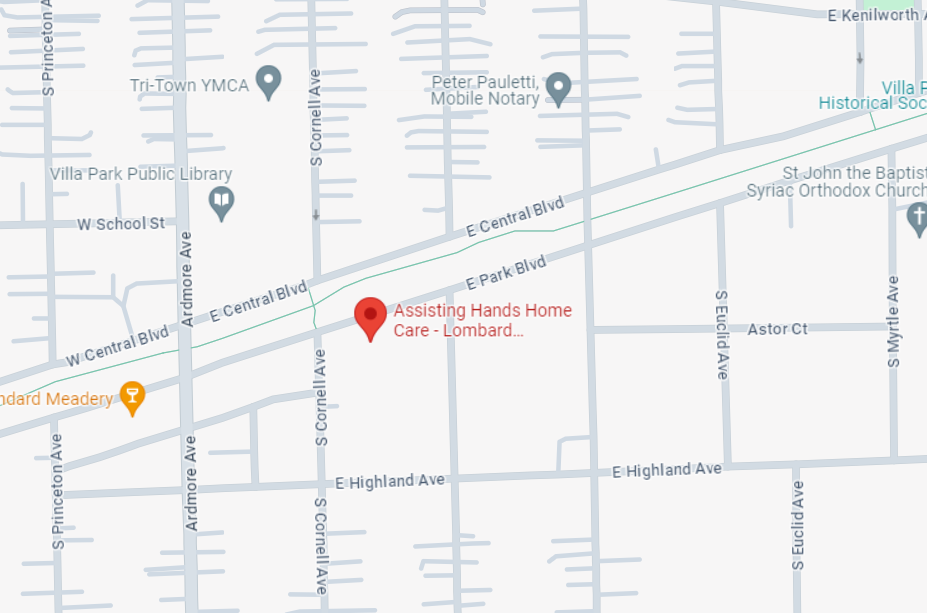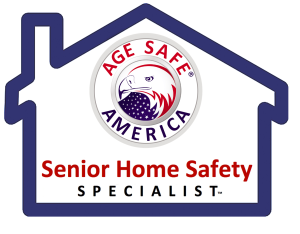
Alzheimer’s Care in Medinah IL
When seniors receive a diagnosis of Alzheimer’s disease or dementia, their whole lives change. That’s true even if they’re only dealing with minor symptoms of cognitive illness at that point. The entire family can feel the pressure of dealing with a scary new diagnosis. Luckily, there is support for families through Alzheimer’s care services. These caregivers help everyone involved to adjust to a new normal while protecting quality of life for seniors with Alzheimer’s disease.
Understanding the Impact of Alzheimer’s Disease
Alzheimer’s disease is a progressive brain disorder that typically consists of symptoms like memory loss, impaired cognitive function, and changes in personality and behavior. In the early stages, Alzheimer’s might not seem to have a huge impact on someone’s life. Gradually, that changes as the condition progresses to the point that seniors start to need help with daily activities. They may also start to have trouble communicating and managing daily life.
What Do Alzheimer’s Care Services Do?
Alzheimer’s care services offer a variety of different types of support, depending on what seniors with Alzheimer’s need. The first step is for home care providers who understand Alzheimer’s disease to assess what the person needs most. Every person with Alzheimer’s has different needs and is in a different stage of managing the condition. Alzheimer’s caregivers work on establishing routines to help seniors be safer at home. Remaining as independent as they can for as long as possible is a goal for Alzheimer’s care.
Respite and Support for Family Caregivers
One of the best ways that this type of assistance helps family caregivers is through offering respite. Caring for a family member who has Alzheimer’s disease is incredibly challenging. Family caregivers often don’t take the time that they need to rest, because there is always so much to do. But with experienced caregivers there who understand Alzheimer’s disease, family caregivers can take time away to relax. When they come back, it’s easier to pick back up where they left off because seniors were in good hands while they were away.
Creating a Safe Environment
From the very beginning, Alzheimer’s care providers work to help seniors remain as safe as possible in their homes. This occurs in a variety of ways. First, care providers focus on physical safety, ensuring that seniors with Alzheimer’s have what they need in place to be safe as their cognitive illness progresses. Next, caregivers put routines in place that offer stability and security for Alzheimer’s patients. As Alzheimer’s worsens, those routines can help seniors to feel more comfortable in their homes, even if their memories are failing them.
As difficult as it can be to take care of a senior with dementia, usually family caregivers just need a bit of extra support. Alzheimer’s care providers have the experience necessary to offer respite help, keep seniors safe, and solve other problems as they arise. Knowing that they’re not facing this situation alone can help families and seniors with Alzheimer’s to feel more confident that they can handle what’s headed their way.


















